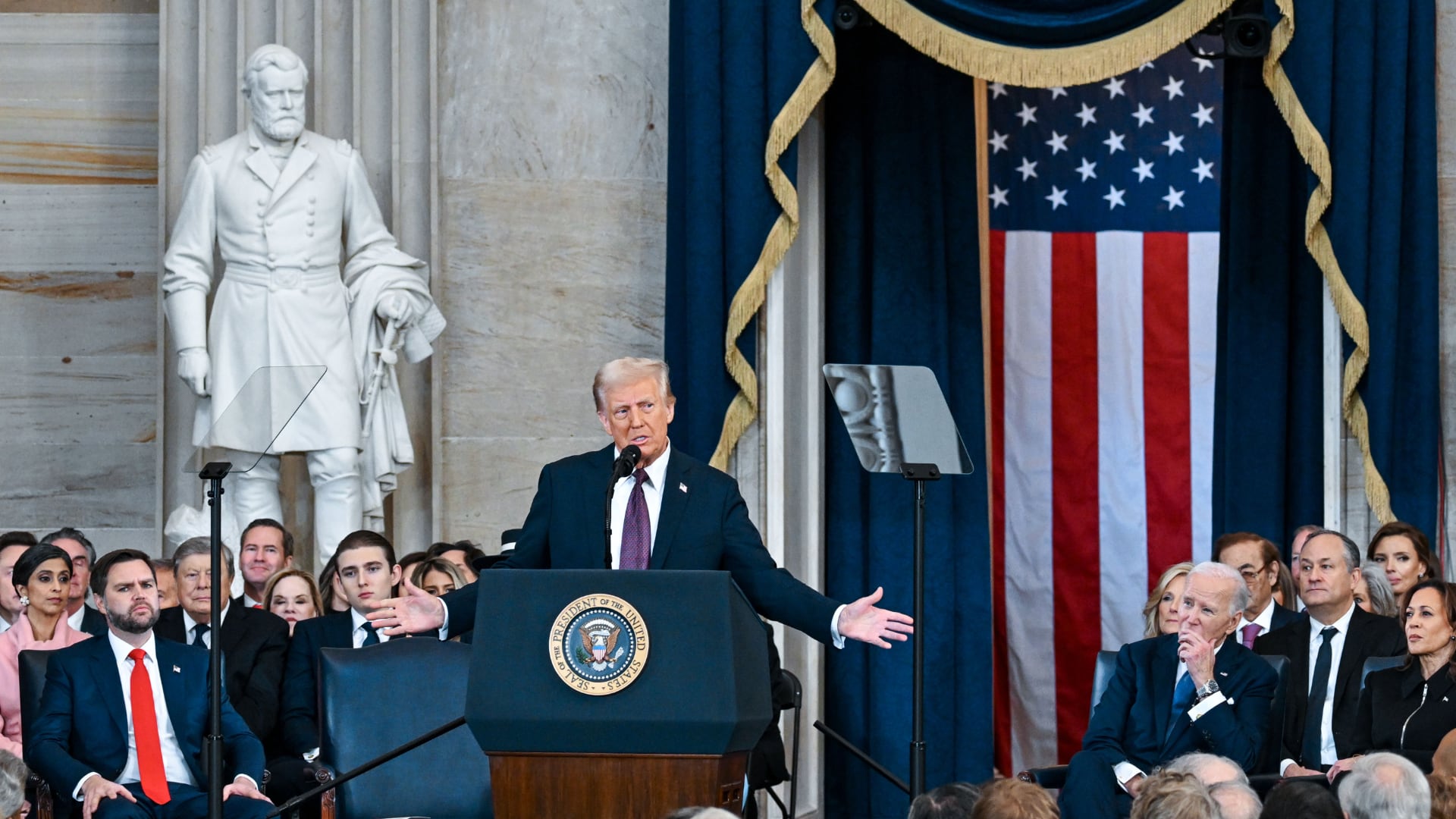Updated at 3:30 p.m. on July 24, 2019
With all eyes on Capitol Hill on Wednesday, former special Counsel Robert Mueller began his much-anticipated testimony by largely repeating what he outlined in April in his report on Russian interference in the 2016 election — but stating very clearly that in the investigation, “the president was not exculpated for the acts that he allegedly committed.”
Mueller’s testimony comes amid growing pressure from some Democrats to impeach the president, which have been reinvigorated by the support of 2020 presidential contender Sen. Elizabeth Warren.
While testifying in front of the House Judiciary Committee, Mueller said that the "Russian government interfered in our election in a sweeping and systematic fashion.” He later said that effort was one of the “most serious” threats to American democracy.
The former special counsel further emphasized what he had said in his report: that he was unable to confirm that the president had not obstructed justice, but that there was not enough evidence to charge the president, either.
“[T]he investigation did not establish that members of the Trump campaign conspired with the Russian government in its election interference activities. We did not address 'collusion,' which is not a legal term,” said Mueller.
“Rather, we focused on whether the evidence was sufficient to charge any member of the campaign with taking part in a criminal conspiracy. It was not.”
When asked by Rep. Jerry Nadler, Mueller added that the president could potentially be indicted once he left office.
Mueller said that it was true that he tried to pursue an interview with the president for over a year, but that the commander-in-chief had refused.
The first hearing appeared to focus largely on the nature of the investigation, and not the actions of the president.
Throughout Mueller’s testimony, lawmakers’ questions were frequently delayed by the former special counsel’s requests for questions to be repeated. He often deferred to the text of the report.
Mueller faced aggressive questioning from Republican representatives who argued that Mueller’s emphasis on not exonerating the president violated the presumption of innocence and interrogation over his relationship with former FBI head James Comey.
The second hearing at the House Intelligence Committee largely rehashed the topics discussed in the first, including Mueller's relationship with the president, his finding that a sitting president could not be indicted, the difference between collusion and conspiracy, the meaning of the term "exonerate," and the threat of foreign adversaries in American elections.












